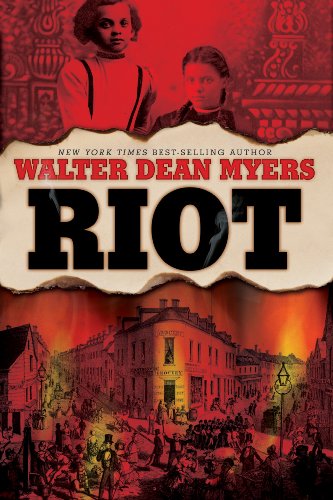 If you’ve read Walter Dean Myers’ book Monster, you’ll be excited to see that he’s written another book in the same screenplay format. Unfortunately, you’ll probably be disappointed upon actually reading it. It’s not easy for me to say this, because I respect Myers and what he’s brought to the canon of Young Adult literature, but Riot is no Monster. Not even close.
If you’ve read Walter Dean Myers’ book Monster, you’ll be excited to see that he’s written another book in the same screenplay format. Unfortunately, you’ll probably be disappointed upon actually reading it. It’s not easy for me to say this, because I respect Myers and what he’s brought to the canon of Young Adult literature, but Riot is no Monster. Not even close. Monster used the screenplay format to bring the reader into the action. The language was real, and the story was gripping. I remember listening to it on audiobook — something I rarely do — and sitting in my car outside my house because I couldn’t leave. It was masterful.
Riot tries to apply the same technique, but falls flat. The action jumps from scene to scene with no sense of flow. Myers’ grip on contemporary language — the book is set in 1863 — is stifled and the dialogue is stiff. The story incorporates too many characters, scenes, and timelines to work with the style.
The book is about days of violence against African Americans when Irish immigrants, angered by the draft for the Civil War, find another minority to attack. Riot mostly follows Claire, a biracial teenage girl, but also zooms in on her family, her friends, soldiers in the street, and an Irish immigrant couple.
The subject seems interesting for a book, but the format was all wrong. It was hard to follow and hard to stay engaged with the characters. But the worst offense was the language, which didn’t sound realistic at all. It also felt like it was mixing modern terms with the historical. The one that stood out the most for me was the continued use of the characters referring to themselves and to others as black. I don’t have the research, but was this term in common usage in 1863? Overall, the dialogue simply didn’t sound like things people would say. Here’s a excerpt from Claire’s argument with her mother:
If it’s my skin that makes me unsafe, can I take it off and put it in a drawer until the streets are calm again? If it’s my skin that puts me in the sights of murderers, can I change it the way I would change my dress or my apron? Where is the “safe” you’re talking about? And if I’m black and you’re white and that makes me a target, where is this “family” you’re talking about? Where is it, Mum? Where is it?You can get away with this kind of dialogue in a play, which has its own stylistic conventions of speech. It could have worked in a standard book, where we could follow Claire’s thoughts as well as her words. But for a screenplay, the language is almost painful to read.
Sorry. I wanted it to be good. What can I say?

















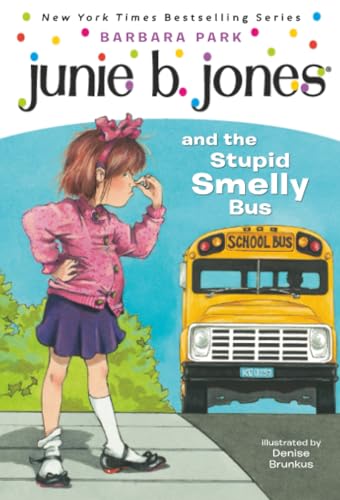



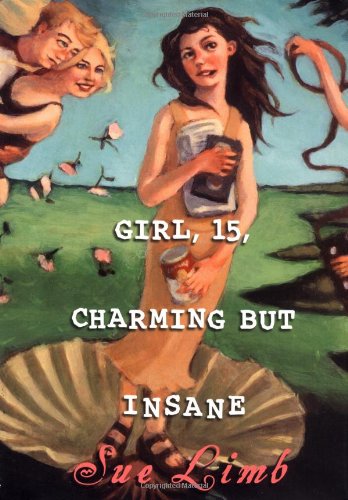
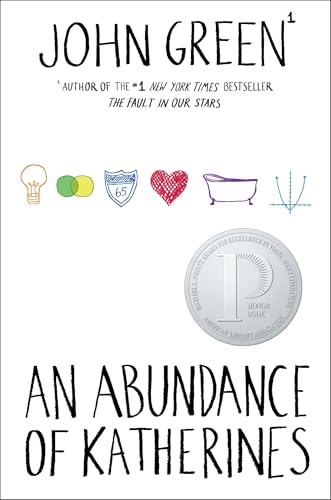
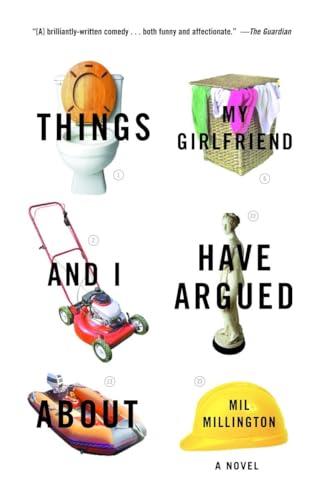
4 comments:
I have to say I got the same impression. As an occasional screenwriter myself, I was struck by how much the dialogue read like a play. I understand that this isn't literally meant to be interpreted for the screen, but is simply using the screenplay style. But the format was far too focused on dialogue to be a "screenplay."
That's not to say the dialogue has to be realistic — for all the praise we heap on the dialogue of a David Mamet (for stage or screen), it isn't realistic by any stretch of the imagination. But this doesn't seem — to me, anyway — to be credible enough for me to suspend disbelief.
I am sorry to hear this but thank you for this detailed review. I was exicted when I heard about this book, 1 its Myers and 2, I wanted to compare this to A Wish Before Midnight by Zetta Elliott, a YA novel in which the second half of the novel is set in 1863 NY, the characters end up in the middle of the race riots. I agree with the problem of langauge, Black sounds wrong. I am pretty sure we were still Negroes or Colored in 1863. BTW Elliott's novel is very good.
I second the recommendation of A Wish Before Midnight! It's a great, really compelling book about the 1863 NY race riots. I haven't read the Myers book, so I can't compare.
Thanks for the shout-out, Doret and Sheila! I was a big fan of Monster, and wondered what Myers would do with the Draft Riots...I'd be happy to send you a copy of my novel, if you're interested in another perspective on 1863...
Post a Comment